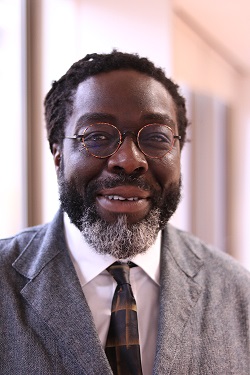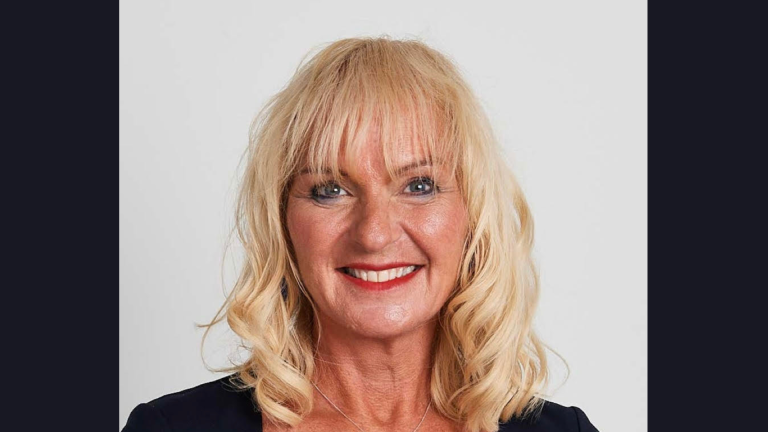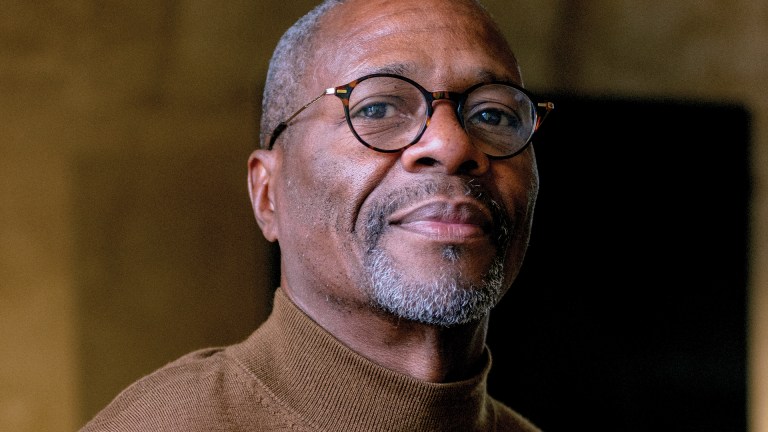“When you start to see public services, social security and social infrastructure not just as goods in themselves (which they are) but also as investments in people who are the bedrock of our economic performance, then you make different choices.
“We are guilty of myopia at the moment, just looking at health and wellbeing in isolation to the economy, and vice versa. Once you expand your vision and see things as they are, heavily interconnected, the case for more investment becomes clear. I think the Government has a long way to go on to truly grasp this, but Covid has given a shock to the system and I hope all politicians will rethink their approaches.”
Social enterprise is not a luxury – it is the future of business
Asked if the crucial role of social enterprise has been sufficiently acknowledged by the Chancellor, he replied: “No, I don’t think it has. I think too many politicians see social enterprise as a luxury, rather than seeing it for what it is – the future of business.
“Social enterprise is important because it offers a way to not only tackle the inequalities which Covid has revealed but it also offers a route to improving the performance of British business across the board which we need if we are going to pay down our debts.
“Social enterprises are more innovative, more resilient and hire more people than the rest of the private sector. We have a strong evidence base, but people don’t want to accept these truths because they challenge some of the assumptions – on both left and right – about what ‘business’ means.”
Our tax system is fundamentally broken
Pointing to the extension of Social Investment Tax Relief, which helps provide finance to smaller social enterprises, and a new Community Ownership Fund – which will help local communities buy assets to turn them into sustainable operations – Lord Adebowale said: “We did get some recognition in the Budget for social enterprise. But our tax system is fundamentally broken and we need bolder interventions which help businesses that do the right thing, like social enterprises.”
Looking to the future, he said social enterprise should “be at the heart of both our economic recovery and improving public services to tackle the health and social inequalities caused by Covid.”
He explained: “On the economic front, we should be putting significant investment into growing the pipeline of social enterprise, bringing new social enterprises on board and scaling up existing businesses. This would include tax reform, such as cutting business rates for social enterprises, as well as targeting investment such as the Levelling Up Fund and other measures at growing the sector. In simple terms, we need to make the UK the best place for a social enterprise to start, grow and thrive.
“On public services, we know that social enterprises have done incredible work during the pandemic to keep services going during unprecedented times. Before the pandemic, the research was clear that social enterprises were more productive and achieving better outcomes than the rest of the public sector.
Social enterprises are more adaptive
“This was driven by a more adaptive approach, empowering staff and listening to service users and co-producing solutions. We need a new wave of social enterprises delivering our public services and expanding the role of those already in the system. Just putting more money into a system which wasn’t making the most of the resources it already had is not a long term solution.”
And Lord Adebowale added that the political leader who has faith in the potential offered by investment in social enterprise could go down in history. He said: “The potential of social enterprise to support our social and economic recovery is huge, and whichever Prime Minister, Chancellor or Leader of the Opposition grasps that potential could go down in history as one of our most transformational leaders.”
Big Issue Invest CEO, Danyal Sattar, added: “The way social enterprises have responded to the pandemic has been spot on. As a sector, we’ve been there when society has needed us the most. The word social enterprise has never been truer. We’ve seen that across our portfolio, from Cornwall to Edinburgh. Lord Adebowale’s Commission can help get the sector the finance it needs for the recovery”
Danyal Sattar was recently invited to submit evidence to Lord Adebowale’s Commission on Social Investment. Big Issue Invest works with around 200 investments in social enterprises and community interest companies, with around £43m of invested funds at any one time.
Danyal Sattar pointed out that – as a social investment champion and a social enterprise itself, with a turnover of £2m – Big Issue Invest has unique insight into how social enterprises can grow if the right sort of finance and support is accessible at the right time. You can read his full statement here.










